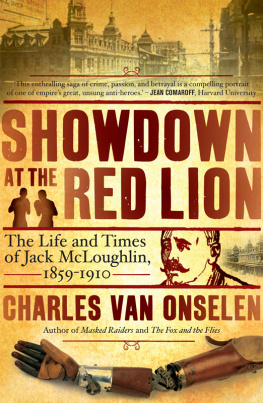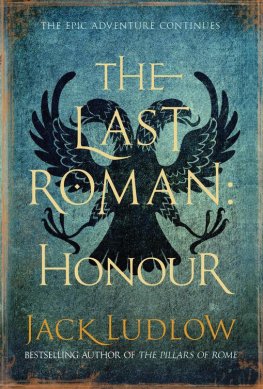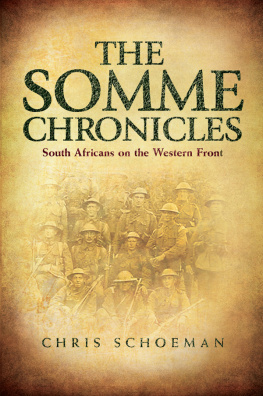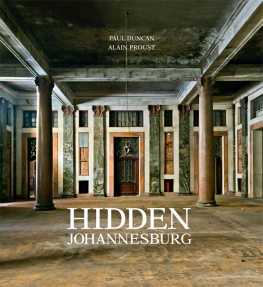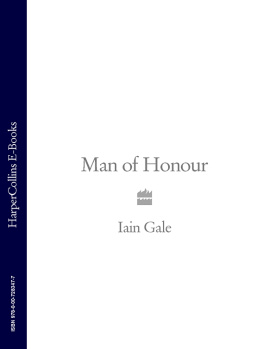
Johannesburg was and is the Frontier of Money. Within months of its founding, the mining camp was host to organised crime: the African Regiment of the Hills and Irish Brigade bandits. Bars, brothels, boarding houses and hotels oozed testosterone and violence, there were drunken brawls on every street corner, and the use of fists and guns was commonplace as bare-knuckle prize fighting reluctantly gave way to modern boxing. Revolvers were drawn from pockets almost as frequently as wallets.
Beyond the chaos were clear signs of another struggle, one to maintain a measure of control, honour and order within the emerging male and mining dominated culture. Men who cheated at cards were ostracised and, in the underworld, the dictum of honour among thieves, as well as a hatred of informers testified to attempts at self-regulation. A real man did not take advantage of an opponent by employing underhand tactics. It had to be a fair fight if a man were to be respected.
This was the world that One-armed Jack McLoughlin brigand, soldier, sailor, mercenary, burglar, highwayman and safe-cracker entered in the early 1890s to become Johannesburgs most infamous Irish anti-hero and social bandit. McLoughlins infatuation with George Stevenson prompted him to recruit the young Englishman into his gang of safe-crackers but Stevo was a man with a past and primed for personal and professional betrayal. It was a deadly mixture. Honour could only be retrieved through a showdown at the Red Lion.
CHARLES VAN ONSELEN is the acclaimed author of The Small Matter of a Horse , The Fox and the Flies , Masked Raiders , and The Seed is Mine , the last of which won the Alan Paton and Herskovits prizes and was voted as one of the 100 best books to emerge from Africa during the 20th century. He has been honoured with visiting fellowships at Yale, Cambridge, and Oxford, and was invited to be the inaugural Oppenheimer Fellow in the WEB Du Bois Institute for African and African-American Studies at Harvard. He is currently Research Professor in the Faculty of Humanities at the University of Pretoria.
A MONG THE FLOOD TIDE of emigrants who left the British isles for the Southern world of South Africa, Australia and New Zealand in the later 19th century were many thousands of young men who relied on their muscle and native wit to make a living. Not a few were from criminal backgrounds in the warrens of industrial Britain, or had left after a brush with the law at home. Here Charles van Onselen brilliantly evokes this darker underside of the great emigration, the restless, transient, unsettled lives of young men without homes or attachments, wandering from continent to continent in new and ill-policed societies. Drawing on a mass of archival and other contemporary sources, he traces the ordinary/extraordinary life of Jack McLoughlin, from his familys origins in famine-stricken Donegal, to the industrial slums of Victorian Manchester (and its prisons), and the casual employments and criminal opportunities of gold-rush South Africa and Australia. McLoughlins criminal career, and its unhappy end, make a gripping story, but in van Onselens hands they also illuminate the human desperation that accompanied what we sometimes think of as the great age of imperialism. This is a marvellous addition to the social history of empire.
Professor John Darwin, Nuffield College, Oxford University
C HARLES VAN ONSELEN HAS long been acknowledged as among the finest of contemporary social historians. But this book will add to his reputation in a major way. Through the painstaking archival detection that is the hallmark of his work, he has traced the global career of an intriguing late 19th and early 20th century career criminal and murderer. As he leads his reader across the world in pursuit of One-armed Jack, he provides not just a brilliant account of the life and psyche of a tormented individual, but also a deep understanding of the places and institutions that made him. These days many historians promise us transnational history, but few have the ability to pull it off in the way that van Onselen does. This is not just another biography it is an education in the history of the era in which the world we live in was created.
Professor Jonathan Hyslop, Colgate University and the University of Pretoria
A LSO BY C HARLES VAN O NSELEN
Chibaro: African Mine Labour in Southern Rhodesia 1900-1933 , London 1976
New Babylon, New Nineveh: Studies in the Social and Economic History of the Witwatersrand, 18861914 , London and New York 1982, Johannesburg 2001
The Small Matter of a Horse: The Life of Nongoloza Mathebula, 18671948 , Johannesburg 1984, Pretoria 2008
The Seed is Mine: The Life of Kas Maine, A South African Sharecropper, 18941985 , London, Johannesburg and New York 1996
The Fox and the Flies: The World of Joseph Silver, Racketeer and Psychopath , London, Johannesburg and New York 2007
Masked Raiders: Irish Banditry in Southern Africa, 18801899 , Cape Town 2010
Showdown at the Red Lion
The Life and Times of Jack McLoughlin
18591910

Charles van Onselen
Jonathan Ball Publishers
Johannesburg & Cape Town
For BK Murray and KSO Beavon
Good Friends and Gifted Teachers

Contents





List of Maps
INTRODUCTION

Dystopias Militants
c 18501900
I look to death in quest of life;
I seek health in infirmity
And freedom in captivity;
I search for rest in bitter strife
And faithfulness in treachery.
But fortune always was unkind:
I know that it was designed
By adverse fate and heavens decree
That, since I seek what cannot be,
What can be I shall never find.
CERVANTES
J ack Kerouac, who spent more time on the road than most, savoured the company of all the unusual characters he encountered. But his preference, like the moon on a cloudless night, was there for all to see. The only people for me, he wrote, are the mad ones, the ones who are mad to live, mad to talk, mad to be saved, desirous of everything at the same time, the ones who never yawn or say a commonplace thing, but burn, burn, burn, like fabulous roman candles exploding like spiders across the stars. Every age throws up its own shower of such meteorites and the depth, nature and trajectory of every manifestation of such madness is of enduring interest to historians. Viewed closely, through the microscope rather than the telescope, the glow of these outliers becomes simultaneously more ordinary and more wondrous still.
This is a study of a man who demanded trust from those given to betrayal. It is the story of an individual who sought satisfaction in tension, and who strived to retain his independence after he lost an arm. It is the tale of a man who glimpsed peace in confinement and flirted with no, found death in his search for emotional fulfilment. Born in one of the great cities of his time, he adapted to the countryside everywhere and felt most settled whilst on the move. At first by choice and later by circumstance, he pursued his paradoxical quests across half the world. To many casual observers he may indeed have seemed to be just mad.
Next page
